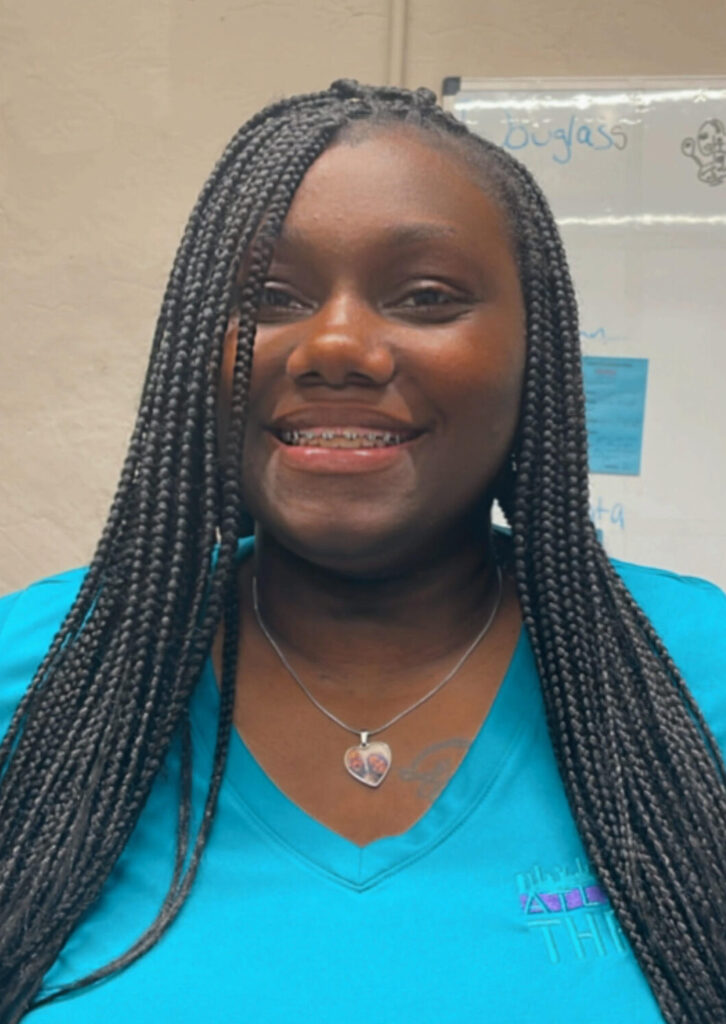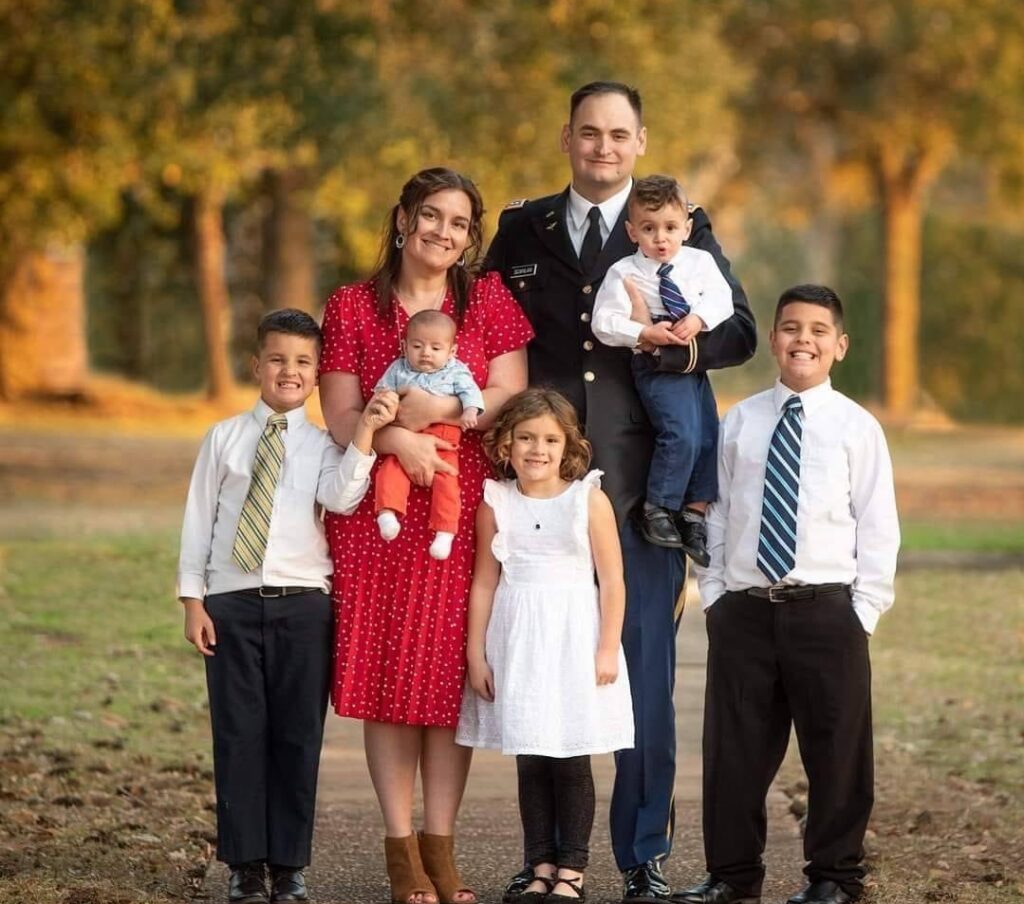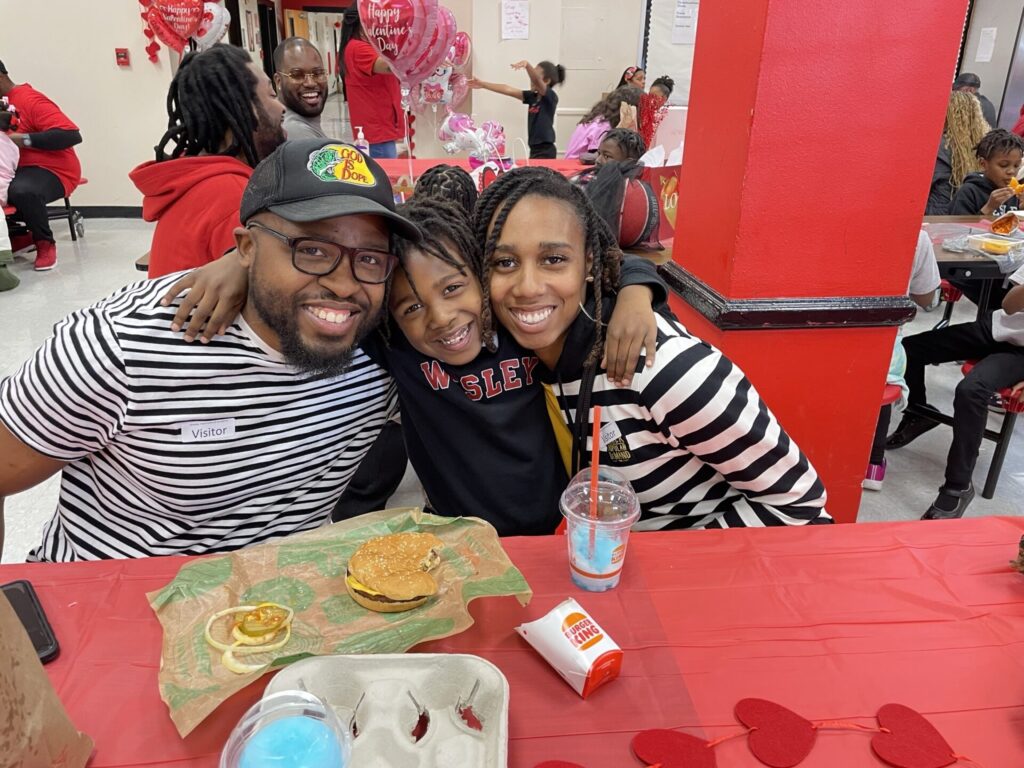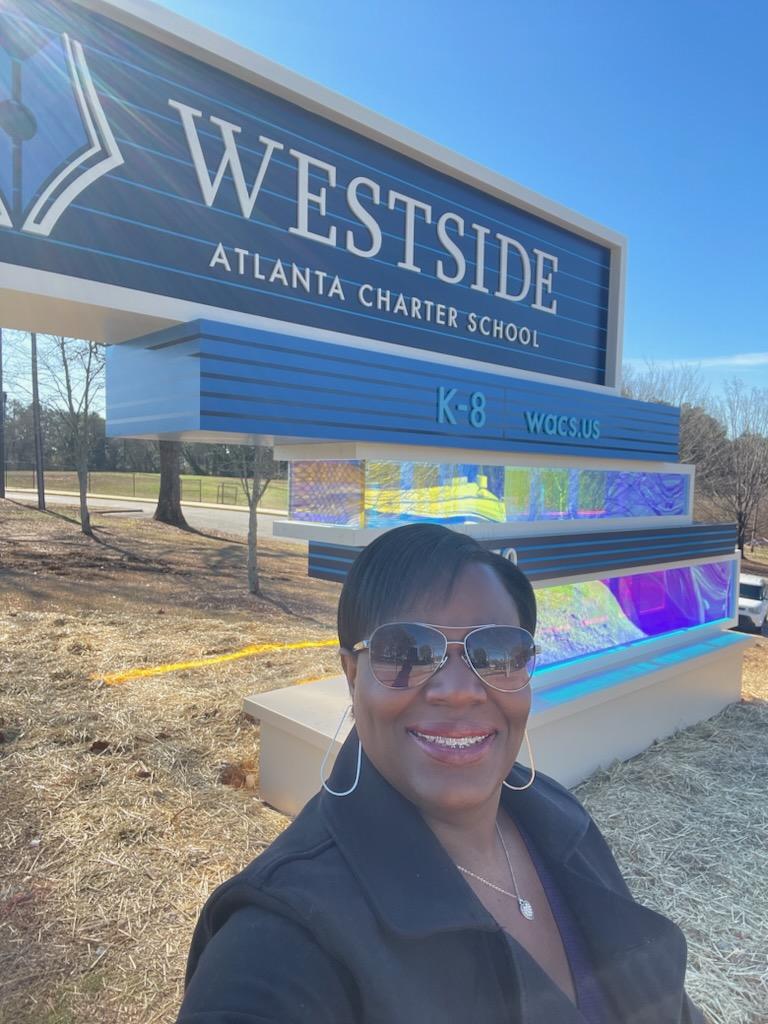Catch Kiara Stroud on a weekend, and she’s probably chatting up parents about the benefits of charter schools, especially for those who have children with special needs.
Stroud is an active member of Atlanta Thrive, a nonprofit organization that focuses on helping parents advocate for children in public school systems.
Stroud, a member of Atlanta Thrive’s Surge team, spends two evenings during the week teaching parents how to advocate for their children so they can access the best education possible. Oftentimes, Stroud says, that can be found in a charter school.

“My son’s been at KIPP Vision Academy since kindergarten and loves it as a fifth grader,” Stroud shares. “The teacher-to-student ratio is low, the curriculum is academically challenging, and the outreach programs for families are something not offered at traditional schools. We are very strong supporters of charter schools.”
Georgia is home to approximately 90 public charter schools, accommodating more than 60,000 students. During the 2021-2022 school year, 14,000 additional students were placed on waitlists. 52% of students in Georgia charter schools are Black or African American, 30% are classified as white, and Latinos and Asian students comprise 13% of the student population.
While enrollment at charter schools has grown steadily each year, Stroud and others believe many more families are missing out on a great educational opportunity.
That’s where parent advocates come in, adds Cintia Scanlan, who has three children in a public charter school.
“We’re here to preach the gospel of charter schools to other parents, because every child is different and the more parents who know they have these options, the better quality of life for the child and the family,” says Scanlan, whose two sons and a daughter attend Coastal Empire Montessori Charter School in Savannah.
According to Scanlan, all three children were diagnosed at an early age with attention deficit hyperactivity disorder (ADHD) and struggled in traditional schools.
“I saw issues and gaps in their learning, but the teachers weren’t listening to my concerns, especially about my daughter’s lack of focus and inability to distinguish between letters and numbers,” Scanlan shares. “My husband, who is in the military, and I were at the end of our rope when a neighbor told us about charter schools. It’s been a lifesaver for our family.”
Scanlan’s children are in the fifth, fourth and second grade at Coastal Empire. “The experience has been wonderful for all of us. We have been able to get our kids the help they need and they are thriving,” she said.
Scanlan has even found time to increase her volunteer efforts and was named this year’s PTA president at Coastal Empire. Her goal is to help more parents learn about their educational options. “If a traditional school isn’t working for your child, explore other options because they’re out there. And there are other ways to get the needs of your child met,” she says.
Higher expectations
Walk into the Rawls household in Atlanta and you are just as likely to hear Mandarin as you are to hear English. Lauren and Brandon Rawls’ children, Loyal, 7, and daughter Breleigh, 9, have taken Mandarin classes since kindergarten. The first and fourth grade students are practically bilingual.

“We looked at schools in our area and weren’t satisfied with the ratings. Then we researched and narrowed it down to Wesley, Atlanta Neighborhood Charter School, and KIPP,” Lauren Rawls explains. “My husband and I loved the dual language program at Wesley, and the curriculum was what we were looking for—more academically advanced.”
According to her, Wesley staff set expectations early and high. “We, as parents, knew what to expect and how involved we would have to be to ensure our children’s success. The teachers and administrators are very transparent about goals and expectations, and that was refreshing,” Lauren Rawls says.
She hopes other charter school parents share their stories with families in their communities. “I would say look into it; you would do your child and family a disadvantage by not using charter schools. The test scores are better and the teachers have more time to address each child’s individual needs to make sure they are progressing.”
Whole child, whole family
Parents tout another benefit offered by charter schools: They support not only the child, but also the entire family.
Bridgitte Long, who has a sixth grader at Westside Atlanta Charter School, says she transferred her daughter from private school to a public charter school two years ago and wishes she had done it sooner.
“Westside Atlanta has a great reputation, smaller classes and a curriculum that is project-based learning. And I love that it’s K-8, so she doesn’t have to move until high school,” she said.
Long says her charter school advocacy toolbox is comprised of social media postings, volunteering and good old-fashioned conversation with neighbors. “I use social media platforms to let the community know all the great things going on at Westside, and hopefully, that encourages them to check out the school to see if it’s a good fit for their family,” she says.

Her strongest tool, Long explains, is sharing how charter schools make it their mission to attend to the needs of the entire family. “These schools are supportive; they care about your kids, and they meet them where they are. The entire school is supportive of the whole child and the whole family,” she explains.
Stroud, whose son attends KIPP Vision, says she talks to other families about the differences in traditional and charter schools. “I let them know that charter schools offer outreach programs and family support, things that traditional public school educators may not have the time to address,” she adds. “They need to hear this because a lot of parents don’t know they have these options.”
Charmaine Barnhill, who has fourth and fifth graders enrolled at Kindezi West Charter School, says she and her husband chose a charter school for their children because of the family support. “It’s almost like we all attend Kindezi West. Yes, there are small class sizes and the teachers are very committed to seeing their students succeed,” she explains. “But the love shown to families is crucial. Charter schools understand that getting the whole family involved in a child’s education means that child will most likely succeed.”
Barnhill says she shares information on charter schools wherever she goes—to a grocery store, a pharmacy, or a sporting event.
“We talk to grandmothers who are raising their grandchildren, families who are facing food insecurity and those who are facing homelessness,” she adds. “As PTA president and a parent, I know how life can bring difficulties. We want all children in Georgia to have an opportunity for a better education, because this impacts all children’s future.”